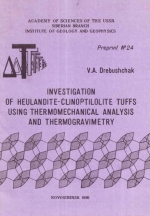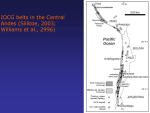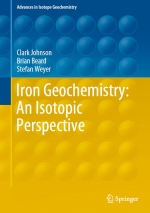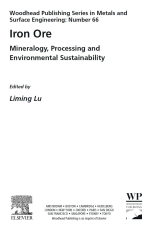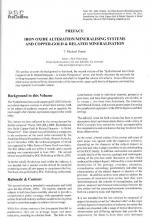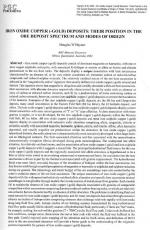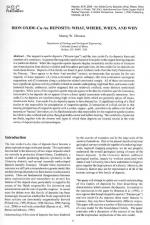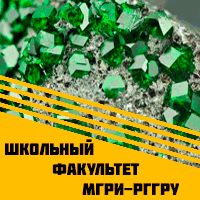Although micron-size particles of metallic gold are observed at the Zarshuran gold deposit, northwest Iran, the quantities do not account for the gold concentrations determined by chemical analyses. The presence of invisible gold has been established by means of trace element electron microprobe analyses of pyrite, arsenian pyrite, orpiment, realgar, stibnite, getchellite, sphalerite, and lead sulfosalts. Quantitative point analyses indicate that invisible gold is present in anhedral pyrite, arsenian pyrite overgrowth rims on gold- and arsenic-free euhedral pyrite, in massive, network, and colloform arsenian pyrite, and in massive and colloform sphalerite intimately intergrown with colloform arsenian pyrite. Gold in these forms adequately explains the measured gold concentrations at Zarshuran. The invisible gold owes its origin to solid-solution deposition and/or encapsulation of submicron-size particles of metallic gold.


